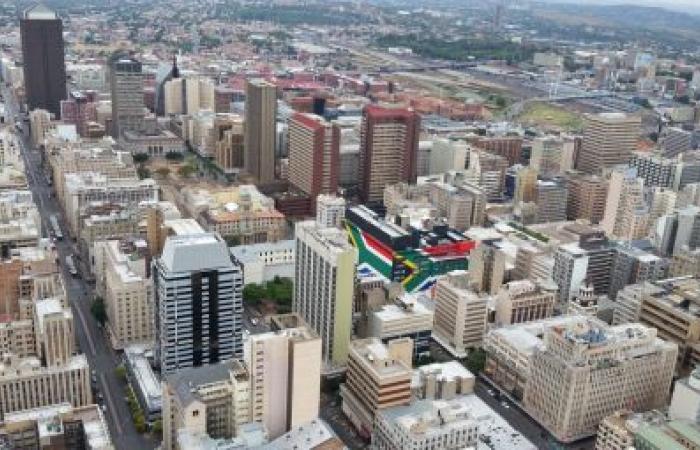The climate in the South African manufacturing sector has clearly deteriorated in April, according to the latest data from the purchasing directors (PMI) published by the ABSA bank. The index was established at 44.7 points, in decline compared to the 48.7 points recorded in March, thus marking the sixth consecutive month under the threshold of the 50 points, synonymous with the contraction of the activity.
This decrease reflects a generalized weakening of confidence, against the backdrop of global trade tensions and local political uncertainty. The companies surveyed have cited as main factors of distrust the instability linked to international tariff negotiations, as well as internal divisions within the South African government.
Among the elements weighing on the economic environment, the trade war triggered by the United States continues to sow doubt. On April 2, the announcement by former president Donald Trump of new customs duties on the majority of American imports rekindled tensions with China and aroused a wave of uncertainty worldwide. Although some of these prices have been temporarily suspended for 90 days, the repercussions are always felt, leaving many companies in a wait -and -see situation.
At the national level, prolonged debates around the budget have also started the confidence of industrialists. The Minister of Finance had to give up a planned increase in the value added tax (VAT), forced to present a new draft budget next month. “The changes in international customs tariffs, combined with political instability linked to the tax saga and government dissensions, most likely affected businesses,” said Absa in his press release.
In addition, there are unfavorable cyclical factors, including excessive precipitation disturbing certain supply chains, as well as the return of programmed electrical load shedding, which slow down industrial activity.






